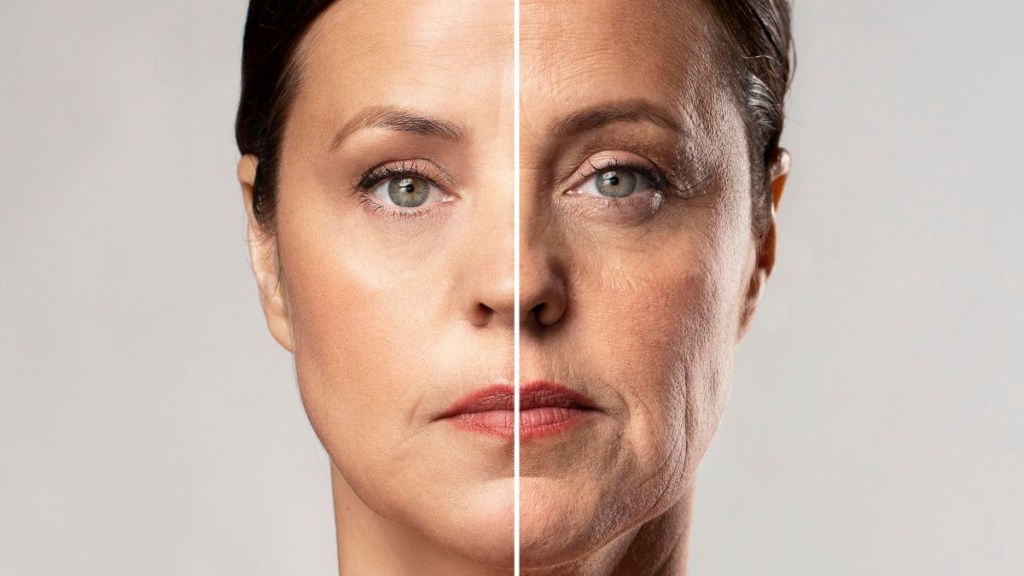Every birthday, we may feel a bit older, but scientists say our bodies don’t age evenly. Instead of happening slowly every year, ageing often speeds up in sudden jumps. Yes, you read that right. A new study published in the journal Cell has found that one of the most significant turning points in ageing occurs around the age of 50. After this point, the body begins to age much faster, and blood vessels are among the first to show signs of decline.
“We identified an ageing inflexion point around age 50, with blood vessels being particularly vulnerable to early and marked decline,” said the research team from the Chinese Academy of Sciences.
What the researchers did
To understand how ageing affects different organs, scientists studied proteins in the body. Proteins are vital molecules that control many functions in our organs, and changes in their levels can reveal how well or poorly our bodies are working.
The study looked at tissue samples from 76 organ donors aged between 14 and 68. All had died due to accidental brain injuries. Samples came from different body systems, including:
- Heart and aorta (cardiovascular system)
- Liver, pancreas, and intestine (digestive system)
- Spleen and lymph node (immune system)
- Adrenal gland and fat tissue (endocrine system)
- Lungs (respiratory system)
- Skin (integumentary system)
- Muscles (musculoskeletal system)
- Plus, blood samples
The scientists created a detailed map of proteins in these organs and tracked how their levels changed with age.
What they found
The research showed that 48 proteins linked to diseases became more active as people got older. These included conditions such as:
- Heart disease
- Fatty liver disease
- Tissue fibrosis (scarring)
- Liver tumors
The most dramatic changes were seen between ages 45 and 55. During this period, many tissues went through major changes. The aorta, the main blood vessel that carries blood from the heart, showed the most rapid ageing. The pancreas and spleen also showed significant changes.
To confirm the findings, the team tested one of the ageing-related proteins in mice. When the protein was injected into young mice, they quickly showed signs of decline: weaker grip strength, lower endurance, and poorer balance. They also developed clear signs of blood vessel ageing.
Ageing doesn’t happen slowly and eventually
Previous research had already found other “spikes” in ageing, around ages 44 and 60. Together, the findings suggest that ageing doesn’t happen slowly and evenly, but more like climbing stairs, flat for a while, then suddenly steeper.
This could help doctors predict which organs are at higher risk at certain ages. For example, if blood vessels age more quickly after 50, preventive care could be focused on heart health during that period.
“These insights may help develop targeted interventions for ageing and age-related diseases, improving health and quality of life for older adults,” the researchers wrote.
Why this matters
As we age, our organs gradually lose function, and the risks for conditions like heart disease, diabetes, and cancer increase.
This study suggests that the years around 50 are a key turning point for the body. That makes it an important time to focus on healthy habits such as eating a balanced diet, exercising regularly, and getting regular health checkups.
So while every birthday might make you feel a little older, it’s not just in your head. Science shows that the way our bodies age really does pick up speed at certain ages, especially around 50.







